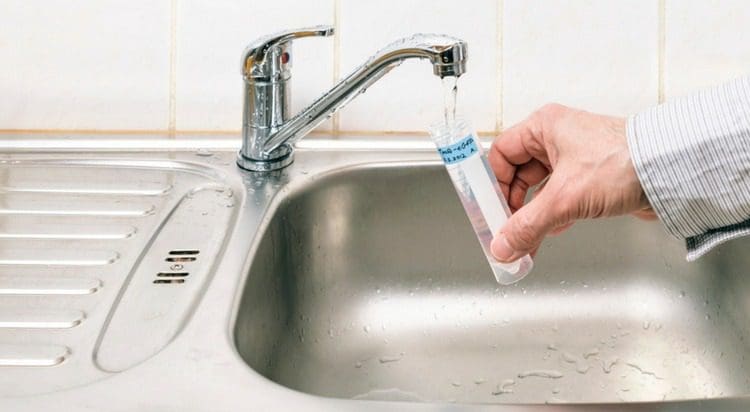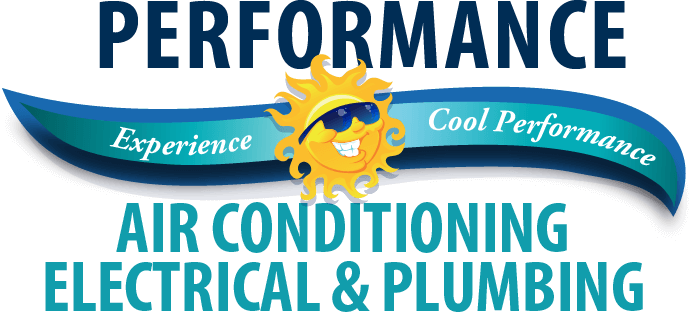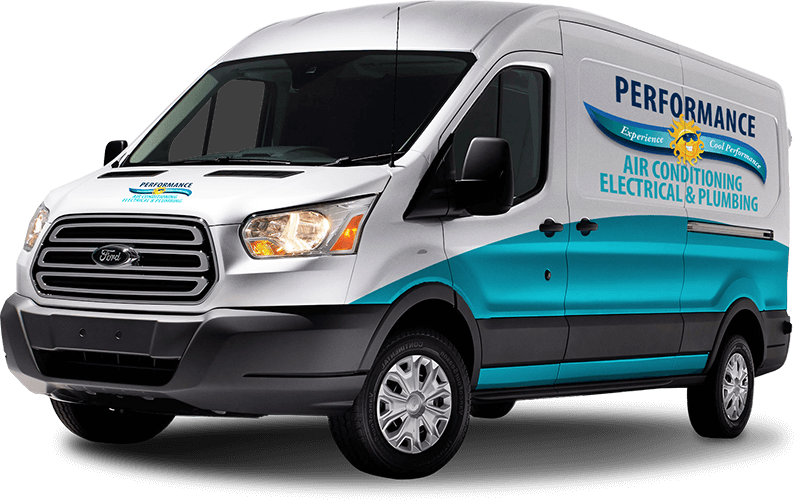
August is the best time to appreciate the water we drink, use and inhabit, that’s because it’s National Water Quality Month! It is a time to realize what we take for granted when we crack open an ice cold bottle of water after a hot day in the sun, dive into clear ocean water from the side of the boat or even turn on the plumbing in your home. Water makes the world go around so let’s celebrate it by learning how to make sure your water is clean at home.
Safe Water Consumption
It is important to make sure you are drinking enough water in the summer heat but safe water consumption is a rising concern as of recent years. Drinking water contains a lot of unknown chemicals that are invisible to the naked eye, so even if your water looks clear and safe to drink there could be some harmful substances that can harm your health! Follow these tips to ensure that the water you are consuming is safe.
- Change filters regularly- old filters let contaminants through and harbor bacteria
- Don’t use plastic bottles- carrying water in glass helps avoid harmful chemicals in plastic like bisphenol-A (BPA) which contaminates your water
- Invest in reverse osmosis filter- this will remove almost all contaminants in your water at home including arsenic and rocket fuel!
Know Your Water Source
Skip the bottled water if at all possible. Not only does plastic pollute the environment, most bottled water companies don’t publish their water quality tests so you could be drinking water that is nothing more than bad quality tap water. You can find out what your annual tap water quality report is in your area and make the decision on whether you want to drink tap water or not. Knowing the source of the water supplied to you is easy to find on the National Drinking Water Database.
What to Avoid for Optimal Water Quality
Avoiding plastic will already place you ahead of the game when making sure the water you’re drinking is safe. Here are a few things you can do to avoid polluting water around you even more.
- Switch out your antibacterial soaps- the chemicals in antibacterial soaps flush right down the drain and filter themselves back into your drinking water
- Stay away from chemical fertilizers and pesticides- these harsh chemicals seep into groundwater and pollute water bodies all around, even killing aquatic life
- Avoid automobiles and lawn mowers that have any gas leaks- automobiles already provide constant pollution to the environment and affects water quality greatly; try to mow the lawn when it’s dry outside so the chemicals don’t get flushed by the rain

